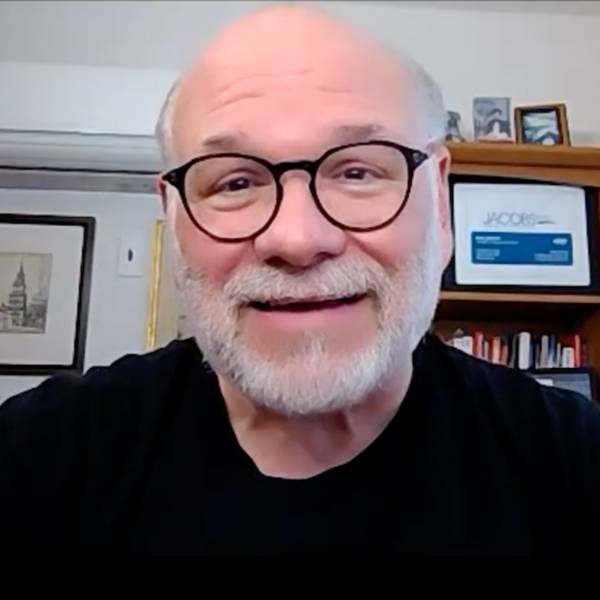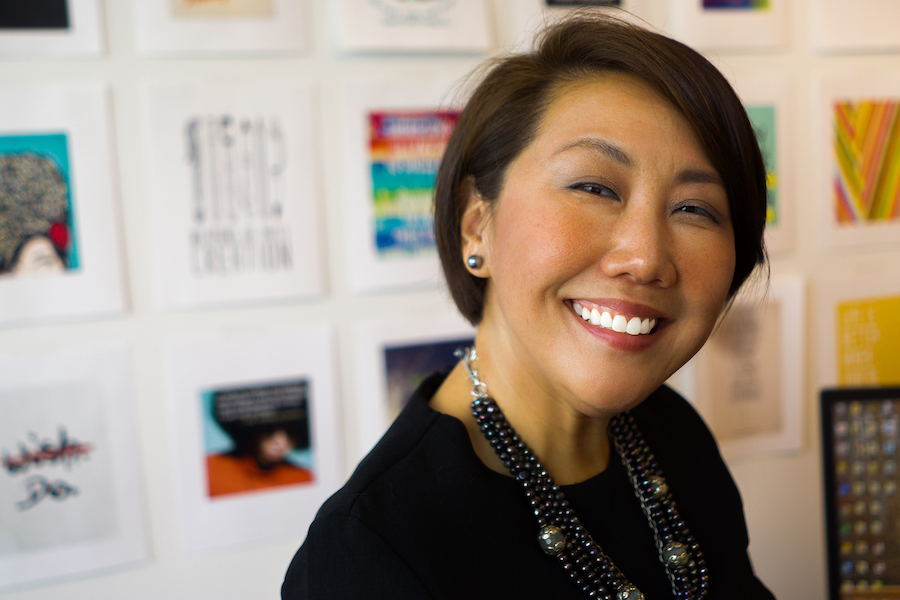Omnicom’s Soon Mee Kim on the Future of DE&I
By Ken Jacobs
March 2023
Soon Mee Kim is chief diversity, equity and inclusion officer for the Omnicom Communications Consultancy Network, which includes the Omnicom Public Relations Group and the Omnicom Brand Consulting Group, a position she has held since September 2020.
Kim works with the agency’s leaders to develop policies, practices and programs that advance DE&I within the company. She also develops client initiatives for DE&I in the communities where people live and work. She reports to the CEOs of CCN, OPRG and OBCG.
Previously, Kim spent 14 years at Porter Novelli, most recently as executive vice president and global diversity, equity and inclusion leader. She has more than 25 years of communications experience, for a range of clients and industries.
Here, she discusses the importance of DE&I to the workplace of the future, the role of DE&I in leadership and three actions for PR leaders.
Why is DE&I important to the workplace of the future?
Diversity, equity and inclusion are critical to the workplace now and will only grow in importance in the future. Even with the rise in AI and technology, people remain at the heart of any change. As organizations compete for the best talent, seek greater innovation and pursue business impact, diversity, equity and inclusion are critical.
Gen Z, the most recent generation to enter the workforce, is already the most racially/ethnically diverse generation yet. According to Pew Research, 62% of Gen Z’ers see increased diversity as good for society and show support for companies through their purchases. They expect brands to take a stand on social issues and will research whether they act on those values.
They’re also more likely to leave a current job if their employer hasn’t done enough to address social justice issues. Gen Z is more comfortable than previous generations with gender-neutral pronouns, nonbinary and differing gender identities and LGBTQ-friendly policies. They embrace neurodiversity and support disability inclusion.
To attract and retain Gen Z and future generations, our workforce of communicators will need to be more diverse, equitable and inclusive.
Study after study shows organizations that are more diverse and inclusive perform better on every measure. Diversity, not sameness, is what leads to greater creativity and innovation.
What role does leadership play in driving greater DE&I in an organization?
You can’t truly call yourself an organizational leader if you’re not actively working to drive greater diversity, equity and inclusion; it’s a dereliction of duty. If the racial reckoning in 2020 taught us anything, it’s that organizations have a responsibility to address systemic racism — internally and externally — and, therefore, to be catalysts for change.
Not doing so is to support DE&I’s inverse — homogeneity, inequity and exclusion.
It’s not enough to be a good technical leader. Uncertain times require us to connect more closely with our humanity and to lead with empathy. As PR leaders, we should have a tremendous storytelling toolbox to build affinity and connect with people. But even that is not enough.
To lead diverse teams, we have to lead more diverse lives — from our friend groups to the content we consume and to an examination of what we know and still need to learn.
Some people say DE&I isn’t an option but a business imperative. Do you agree?
Clients desire a range of creativity and innovative thinking and diverse representation on their teams. Colleagues want to work with organizations where they can see themselves in leadership and feel a sense of belonging. Based on those two stakeholder groups alone, those who treat DE&I as optional are on a path to obsolescence.
Even those organizations who claim to support diversity, equity and inclusion make fundamental mistakes in how they set up their DE&I infrastructure.
A few examples include limiting DE&I to food, fun and flags during calendared commemorative moments; making DE&I an afterthought to the “real” business; not having the DE&I leader report to the CEO; and not holding organizational leaders accountable to advance DE&I.
Those who understand diversity, equity and inclusion as integral to the business, understand that DE&I work is the work of organizational transformation. It is deep, thoughtful, strategic-systems work.
What are three things the leader of a PR organization must do to help achieve DE&I goals?
I recommend three crucial leadership actions for leaders of PR organizations.
• Show up and speak up. Too often I see leaders outsource their DE&I commitment to others while they focus on the “real work.” However, when the top brass are visible, vocal champions, when they participate in the learning and attend the events, it sends a huge message to the organization that DE&I is important.
• Commit to learning, re-learning, and unlearning. During the last several years, societal tensions around race, gender, disability, LGBTQ issues, religion and every aspect of identity have revealed our ignorance — especially regarding history, accepted norms and more.
Today, leaders must build their DE&I IQ in addition to their traditional business acumen. The more we learn, we realize how much more there is to learn. Commit to a learning journey — not just a one-time training — because the learning never stops.
• Make friends with people unlike yourself. From our neighborhoods to schools to places of worship, we tend to lead segregated lives. In fact, a 2013 Pew study showed that most people’s friend groups look like them. Building relationships across differences introduces new perspectives and creates empathy.
You’ve been a DE&I leader since 2017. What do you miss about being a PR professional, which you were for 25 years?
I really don’t miss anything because I’ve never stopped being a communications professional. I love applying everything I’ve learned throughout my public relations career to the management science of diversity, equity and inclusion. I love applying the morality of diversity, equity and inclusion to communications.
I still counsel clients and work with a variety of stakeholders to achieve big, systems-level goals, which is what I care about most.



